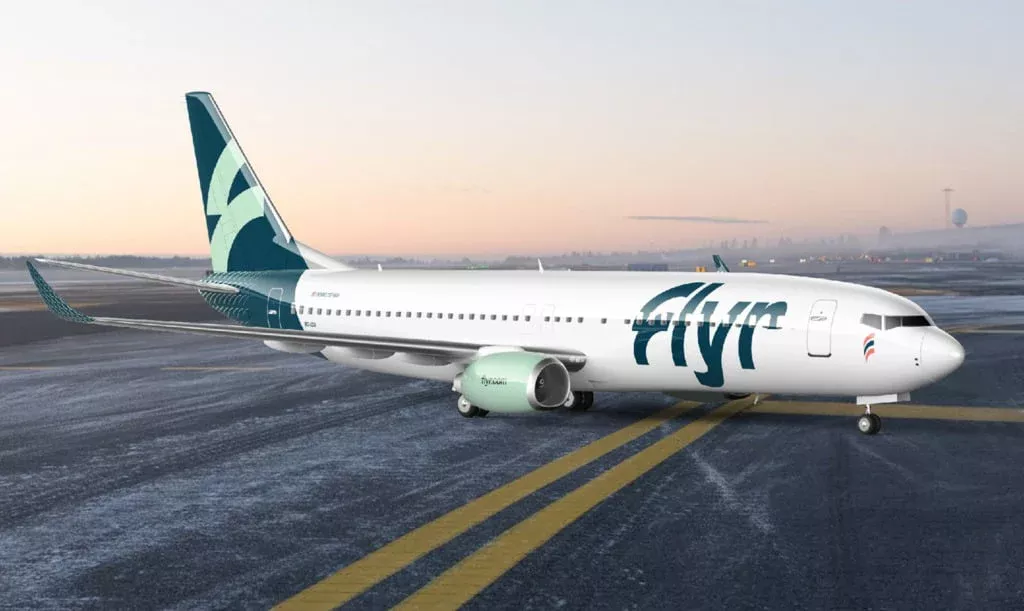
Norwegian start-up airline Flyr filed for bankruptcy in January 2023.
Even in times of scarcity the airline sector is never short of hubris, which is often easiest to find in the launch statements of start-up carriers.
Take Thai start-up Really Cool Airlines, which aims to begin full-service operations this year as a “GameFi airline,” managed by “crypto-native citizens from our Really Cool Air GameFi,” and onboard which passengers can play blockchain games.
Whatever that means, it is a curious move to outline your new company in terms of evoking the worst performing asset class of last year.
An example of how quickly a new airline can deteriorate is provided by Norwegian carrier Flyr, which filed for bankruptcy roughly 18 months after its first flight and the restructuring of another local carrier, Norwegian Air Shuttle, which paid the price for expanding too quickly with expensive aircraft.
Flyr appears to have made a similar mistake, agreeing to lease six Boeing 737 MAX aircraft even as it was still heavily loss-making.
During a recent post-mortem, Flyr’s ex-fleet manager said the MAX units were available at very attractive lease rates, but she also admitted that the airline had failed to foresee later waves of COVID-19.
Even airlines starting from stronger foundations must question the wisdom of using new-generation narrowbody aircraft, especially given the reliability problems of their engines, which complicates the trade-off between their higher financing cost and better fuel efficiency.
Flyr noted that it also chose the MAX due to greater environmental concerns in Nordic markets, but it is debatable whether start-ups in other parts of the world would feel similar sustainability pressure.
Nonetheless, older aircraft are no guarantee of success. Last week saw the collapse of Colombian carrier Ultra Air after barely a year of operations. The airline operated six mid-life Airbus A320s.
